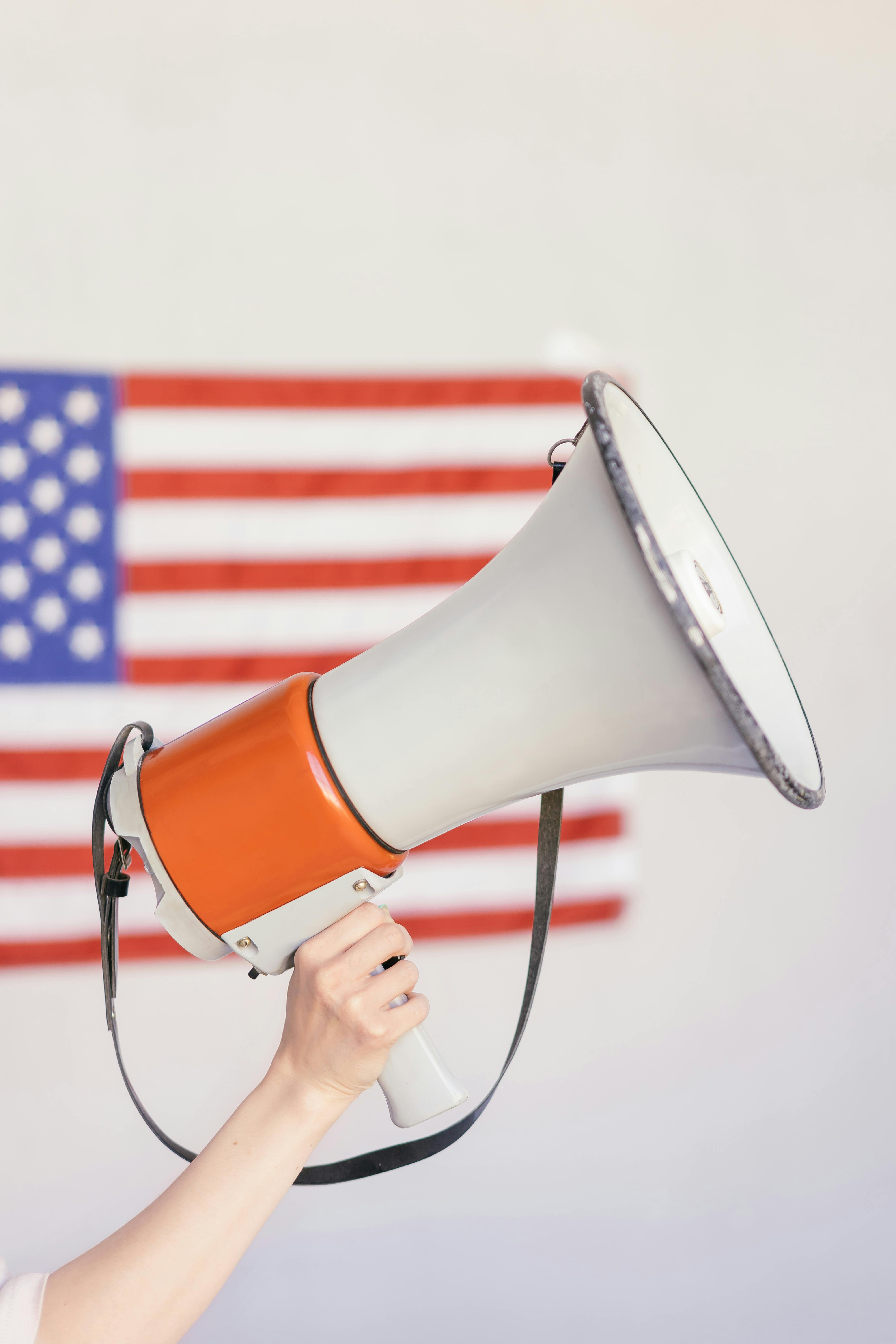
Introduction
In an age where social media plays a pivotal role in shaping public opinions and disseminating information, the fine line between freedom of speech and national security has never been more blurred. The recent terrorist attack in Pahalgam has reignited discussions surrounding the responsibilities of social media platforms in ensuring that their services do not contribute to the spread of anti-national sentiments and misinformation. A parliamentary committee on Information Technology has expressed its concerns regarding this issue, urging the Ministry of Electronics and Information Technology (MeitY) and the Ministry of Information and Broadcasting (MIB) to take stringent actions to combat the spread of harmful content online.
Why Is the Committee Concerned?
Following the Pahalgam terrorist attack, alarming amounts of content were found circulating on social media that promoted terrorism or glorified acts of violence. The committee’s unease stems from the understanding that such materials can incite further violence and disrupt national unity. In today’s interconnected world, the rapid spread of information can have dire consequences, and this has led to calls for stricter controls over online content.
The Threat of Misinformation
Misinformation can serve as a dangerous catalyst for unrest. In many cases, it can manipulate public sentiment, sway opinions, and create discord among different community factions. The role of social media in this respect brings forth significant ethical and operational questions, especially for platforms that facilitate the sharing of such content without adequate moderation.
What Law Supports Their Demand?
The committee cited existing legal frameworks that empower the government to regulate online content. These laws include:
- Information Technology Act, 2000 – This legislation enables the government to block online content that threatens India’s security and public order.
- IT Rules, 2021 – These rules impose accountability on social media companies, requiring them to act promptly to remove harmful or unlawful content flagged by authorities.
What Did the Committee Ask For?
In light of the ongoing concerns, the IT committee has made specific recommendations to MeitY and MIB, including:
- Providing a comprehensive report on actions being taken against platforms that do not comply with regulations.
- Consideration of banning platforms that repeatedly allow the dissemination of anti-national content.
- Ensuring strict monitoring and compliance among social media intermediaries to prevent the spread of harmful content.
What Could Happen Next?
If the ministries heed the committee’s warnings, we may witness several significant changes:
- Implementation of stricter rules governing platforms like X (formerly Twitter), Facebook, and YouTube to enhance accountability.
- Potential permanent or temporary bans on platforms that ignore government takedown requests.
- Increased government oversight regarding the content shared on digital platforms across India.
Public Reaction So Far
The public’s response to these developments has been polarized. On one hand, many individuals argue that national security should be prioritized over individual freedoms, supporting the committee’s calls for rigorous action. On the other hand, there is a palpable fear among advocates of free speech that such measures could lead to unwarranted censorship and suppression of dissenting voices.
The Freedom of Speech Quandary
As the government navigates this delicate situation, it must also consider the implications of curbing freedom of expression. Many fear that wide-reaching regulations could have a chilling effect on legitimate discourse and activism, potentially stifling important conversations about social justice, equality, and governance.
Conclusion
The ongoing debate between national security and digital freedom is more prominent than ever. The misuse of social platforms to propagate anti-national content raises critical questions about the future of free speech in a digital age. As the government prepares to address the recommendations made by the IT committee, stakeholders will be watching closely to see how they achieve a balance between protecting national interests and upholding the fundamental principles of democracy. These forthcoming weeks will be crucial in determining the trajectory of internet governance and the role of social media in society.
